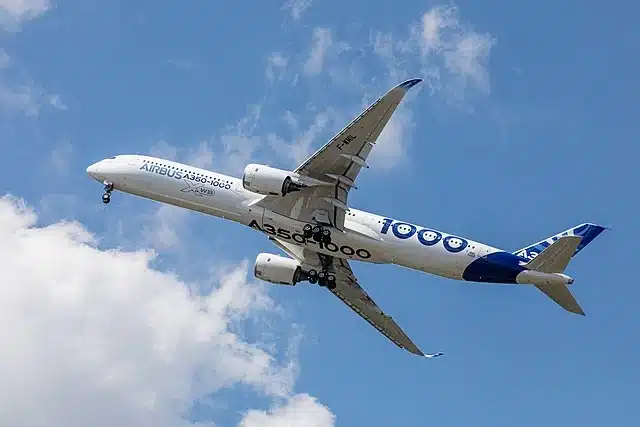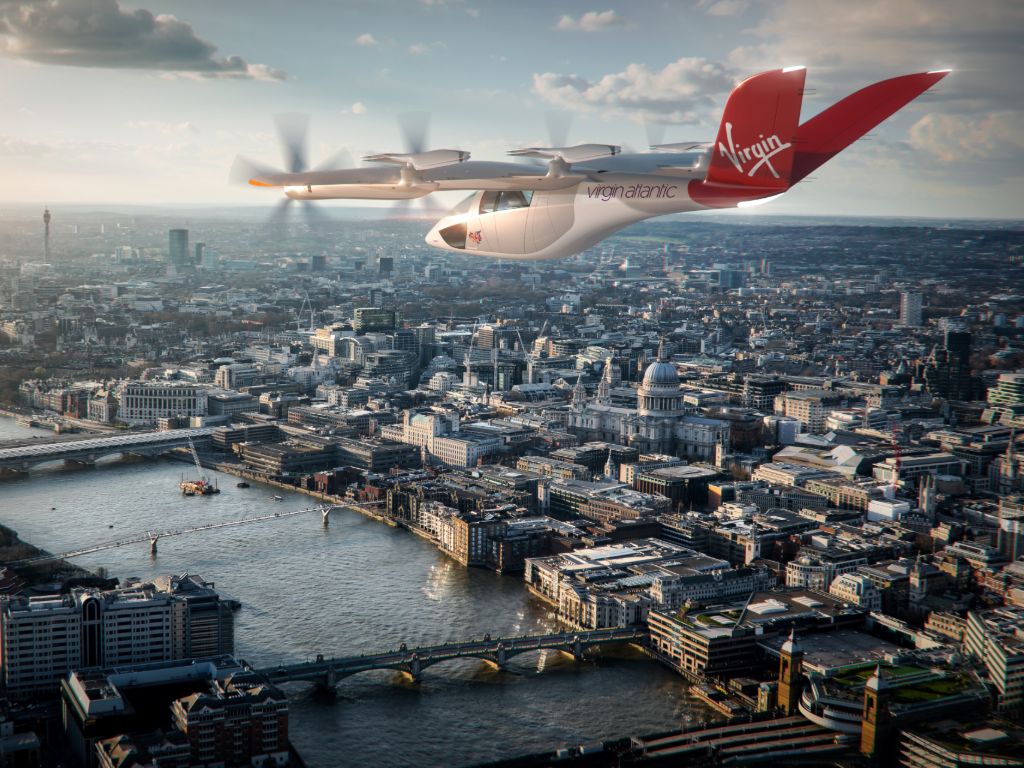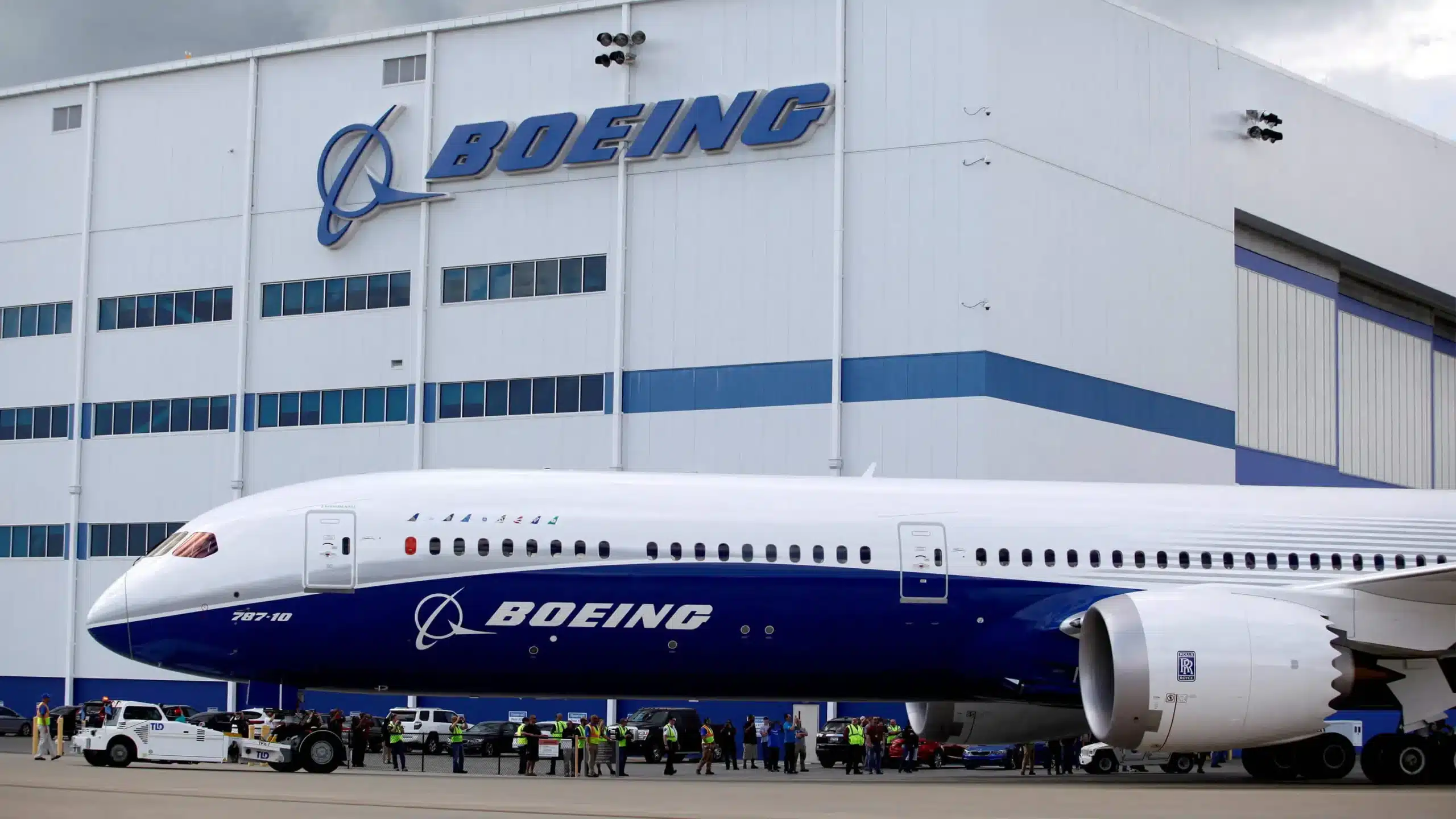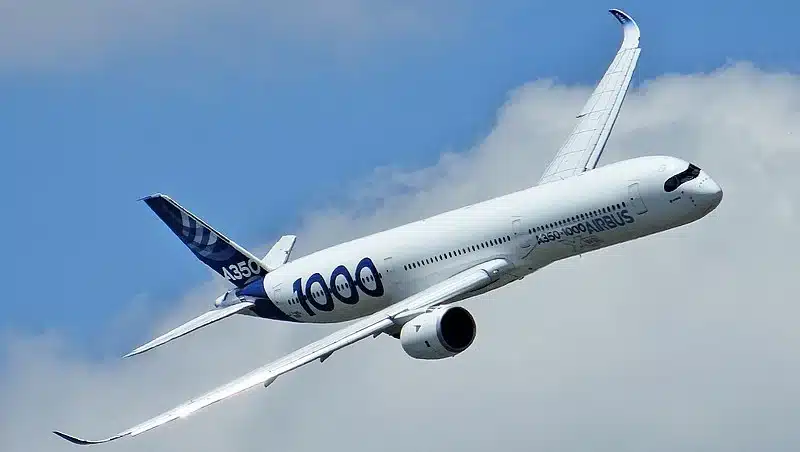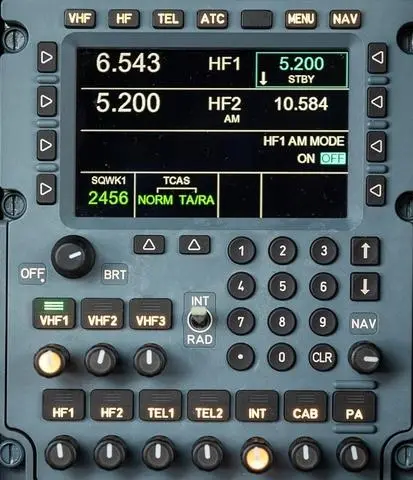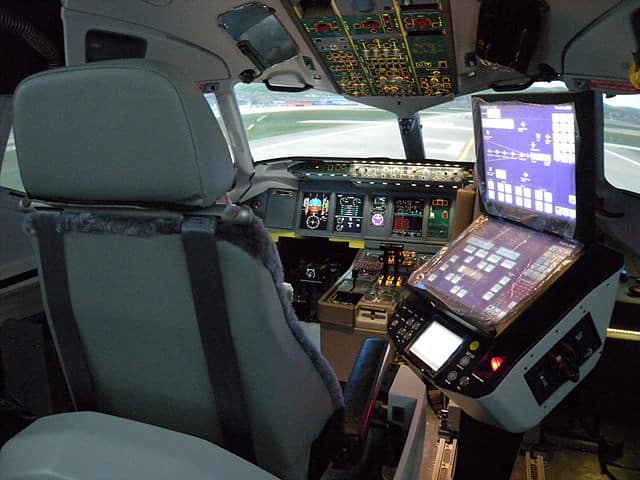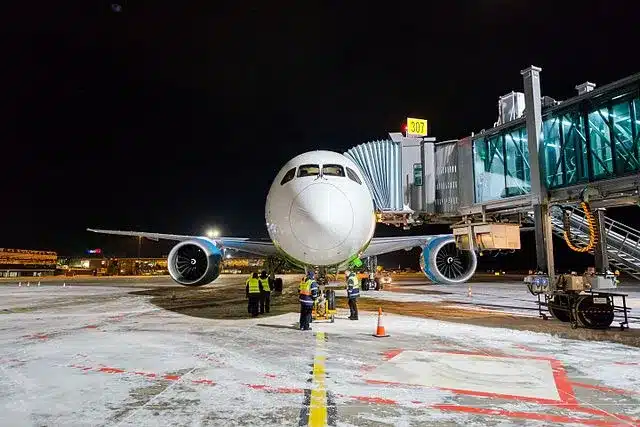Need to Charter a Jet? Don't make these mistakes
You’re wealthy… Private Jet wealthy.
And you take private jet charters when they make sense, because they provide privacy, save time, and take you directly to your destination. You want security and hassle-free travel. You want fewer Risks. Not more.
If that’s you, then there’s some important things you need to know.
First off, Private Jets fall under the GA (General Aviation) category, which covers everything from Ultralights, Piper Cubs and Helicopters all the way up to Private jets, big and small. It also includes guys that restore and fly historic aircraft from all Era’s of aviation. So, when you think of “private” flights – please consider all types of hire.

What Exactly is a Private Charter?
Even if you’re wealthy, you expect to be treated fairly, professionally, but most of all – legally. Why? well, you could get into a lot of trouble. The rental of private jets falls under the banner of “Chartering” or “Charter Services” and the FAA regulates this area, but as we said, it covers everything in GA, be it a short tour of the Grand Canyon on Jet Ranger helicopter, or a flight from Hamburg to Vegas on a Global 7500.
If you are lucky enough to be booking these charter services, then great. All we ask, however, is that you make sure the provider of these services is legitimate, legal, and most of all compliant. Why compliant?, because if they are a cowboy outfit trying to save costs, this is where they’ll do it.
And boy are we going to make this easy! Because it is. And it’s important too, because your family, friends, colleagues, and most important of all, your pets, might be with you. And they are relying on you. To make sure whatever you step into or climb aboard, is in full compliance with the laws of the land designed to protect you.
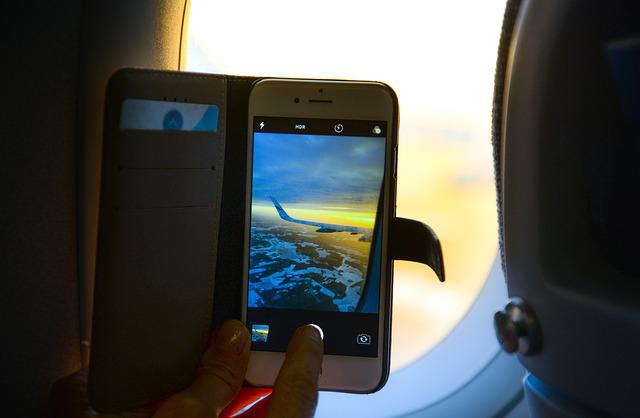
Rogue Squadron
If you fly NetJets, or WheelsUp or any top tier private operator, you’re probably good. The top companies go to great lengths to make sure you’re aware that their regulatory requirements are being met and exceeded. And they should, wealthy folks are smart, and they expect a quality service, but they hold safety even higher.
Unfortunately, not all Part 135 operators dedicate enough resources to the issues of compliance, maintenance or safety and can provide services for a long time before the authorities get around to catching them. What’s worse, is that brokers or middlemen have used the internet to maximize the “pizazz” for the price and make a significant fees.
They succeed because you don’t have a lot of time, nor do your entourage, to go around kicking tires or looking at Certificates of Airworthiness, or Directives or any of that annoying paperwork. But you really should. We could (but we won’t) show you many examples of charter flights that went south fast (literally) because the operator was either short-cutting compliance, over-eager to make money and even in awe of the clientele. Or just wanted the gig so badly they lied to everyone in the supply chain.
It happens at all levels of society, most of us need to save costs or time to a certain extent. When we jumped in that back of that cab late at night after a few beers when our instincts were yelling at us not to. To wait for the car on the app. But things happen fast.
Budget Private Jets
This tends to be the first red flag, especially for newcomers (or their assistants) who want to show their bosses they can save them money or get them a good deal. Yes, you should shop around but if price is your only metric, then you are making mistake #1. If the price is too good to be true, then one reason could be because the Operator is not paying the necessary costs for certification or compliance.
Same if they ask you to do things that seem shady. Maybe pay in another currency, or in a Cryptocurrency. Here’s Pro-Tip Number 1: Ask your operator (or the commercial representative) about AOG (aircraft on ground) scenarios. Ask them to put in the agreement the exact arrangements they will make should the jet fail to show up or has a technical fault that grounds the aircraft. These arrangements should kick in after a certain amount of hours delay.
Just ask them questions like “Will you replace the jet?” or “Will they fly you first class on the nearest (or best commercial operator)?” Or “Will they refund just your money, or other expenses?” And how long will you wait for that refund (30, 60, 90 days days?) Or do they just leave you at Panama City Beach Airport to find your own way home.
The FAA is your best friend here. They are the ones out there rounding up the cowboys and getting them off the market, so you don’t risk getting on those aircraft. They have a website dedicated to safe charter operations. Or you can watch a webinar with some great advice here…

If you are within the authority of the United States, you should also visit the National Air Transportation Association website for more resources.
Checks You need to Do
Glad you asked. If you’re on the internet – let’s say at the Air Charter Guide – looking up jets and seeing lots of nice pictures, using those easy price tools and you think you’ve found the perfect option. What now?
- Ask the company who the operator is and for a copy or verification of their Part 135 operator’s certificate (or the equivalent state authority certificate such as EASA). While you’re at it – ask them also for their mandate that proves they are approved to sell this product (if a broker).
- Ask for the fee/price breakdown. They will always quote you an hourly rate unless you give them an extremely specific flight schedule. Either way ask them what’s included or what are the extras that will apply outside this quote.
- Get an aircraft type. Don’t accept a rough guide of what might show up. Don’t take “mid-size” or “corporate” as standards. You want a type, a variant, and a YOM (year of manufacture).
- You want a copy of the aircraft’s Certificate of Airworthiness and Insurance certs. These are single page documents readily available, and your operator sends these out regularly. Just check they are in date. And are legitimate.
- Ask for the pilot’s name and license number. And tell the broker or operator you will be checking this with the local FAA field office – you can do that HERE
- Check out the ground facilities at both Departure and Arrival stations. Make sure they have agreements in place with FBO’s or VIP providers that you might be expecting. You visualized that Limo by the airstairs? That’s separate, make sure they provide it. The Private Lounge showing the playoff game before you depart? that’s separate. The car ride from the hotel to Airport or from that private jet over to your Air France flight. Again, that’s separate.

Last Look before you Jet
So, you’ve done your best, but a typhoon blows into Antigua and you’ve found yourself at the airport, late at night and there’s just one VIP private jet flight available. What are some scenarios you can look out for, or questions you should ask that will help decide to fly or wait for something else.
- At the last minute they want you to sign something or give you a document that assigns operational control away from them – to you. Put simply, the people taking your money now prefer you “deal” directly with the aircraft operator (or the pilot) even though you are not paying them.
- There’s no tax, or Federal Excise tax or government tax in the quote. If the price is gross and there are no taxes to be seen, then you are not in an acceptable position.
- Your pilot (or Flight Attendant) doesn’t offer a safety briefing before the aircraft taxi’s away from the stand. Hit that call-bell and ask him or her (or them) to stop the flight.
- Ask them about any of the compliance points mentioned above. FAA (or national) Air Operators Certificates, the Aircraft C. of A. or Insurance. All these documents will be on the aircraft. If you can’t remember the document titles, just ask the pilot for the “Aircraft Documents folder”. He will be in zero doubt as to what you are referring to. If he doesn’t provide them, disembark.
- If the pilot or ground handling agent, or anyone coaches you in what to say when you arrive at your destination. Maybe to a federal agent, or customs or immigration official. If they try to coach you in any way as to how to talk or respond to anyone in authority at your final destination, just say no thanks and walk away.

